
Juniors, migrants reduce GP shortage
The decline in the number of doctors training to be GPs is showing signs of reversing, amid an influx of new medical practitioners applying to work in Australia.

The decline in the number of doctors training to be GPs is showing signs of reversing, amid an influx of new medical practitioners applying to work in Australia.

The number of beds available for mental health patients nationwide has plummeted to its lowest count on record despite soaring demand.
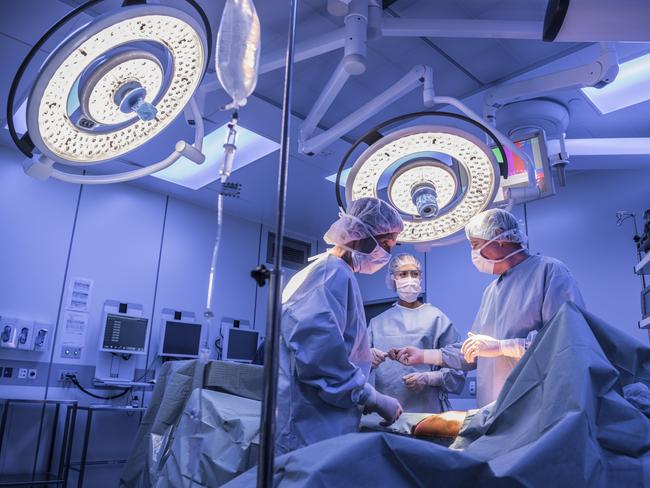
Private hospital groups are warning that patients will increasingly be slugged with out-of-pocket costs as contract battles with health funds continue to rage.

The commonwealth has constitutional powers to manage pandemics but the states hold residual power over health. Where does that leave us in future pandemics?
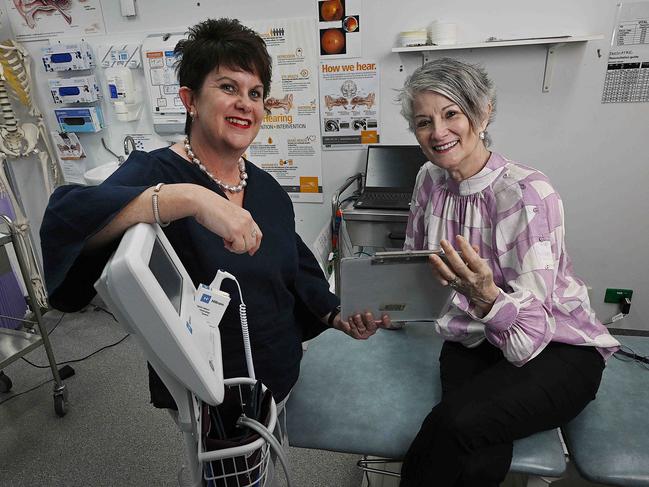
Rates of heart attack, cancer, diabetes and other chronic diseases are decreasing in the nation’s wealthiest postcodes but escalating in disadvantaged pockets, a major report that tracks rates of premature death has found.
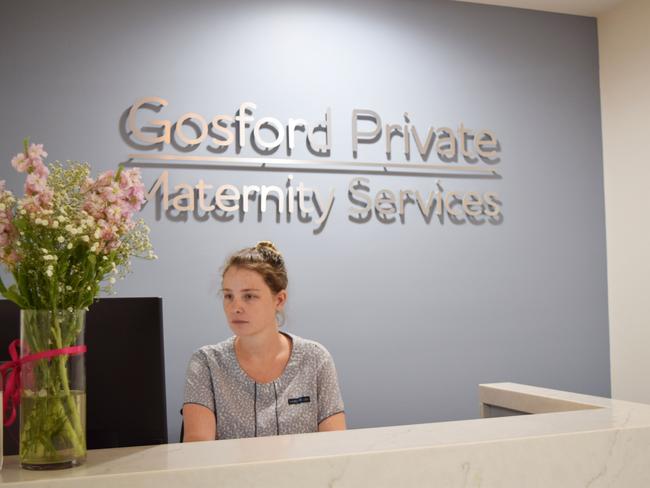
Looming maternity workforce shortages are set to have a ”catastrophic effect” on midwifery care, a new report has found, as private obstetric units come under continuing severe pressure

In the near future, the way to fight disease will be to prevent it from happening. This is how new technology, from virtual reality to gene splicing, will change our visits to the doctor.
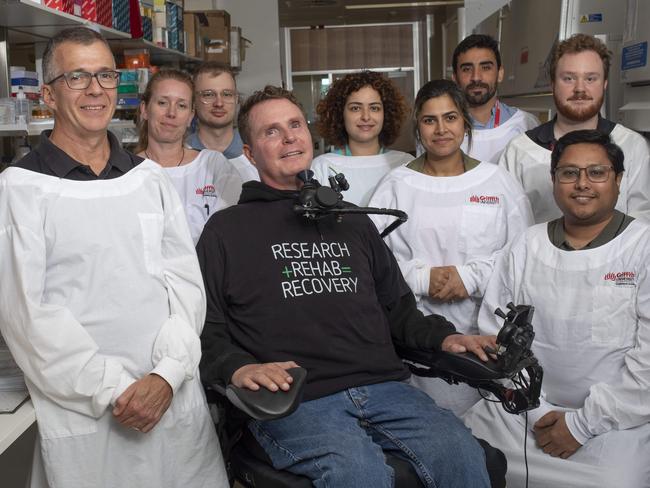
Australian scientists will launch an ambitious bid to restore movement in patients with paralysis by surgically implanting a patient’s own cells into the site of their spinal cord injury.
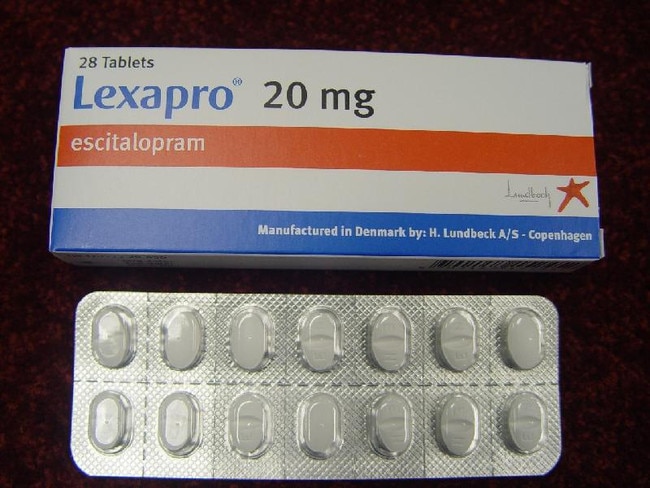
Half of patients who taken antidepressant medication for more than six months experience withdrawal symptoms when stopping that can include ‘brain zaps’, anger and irritability, dizziness, nightmares, anxiety, panic and agitation.
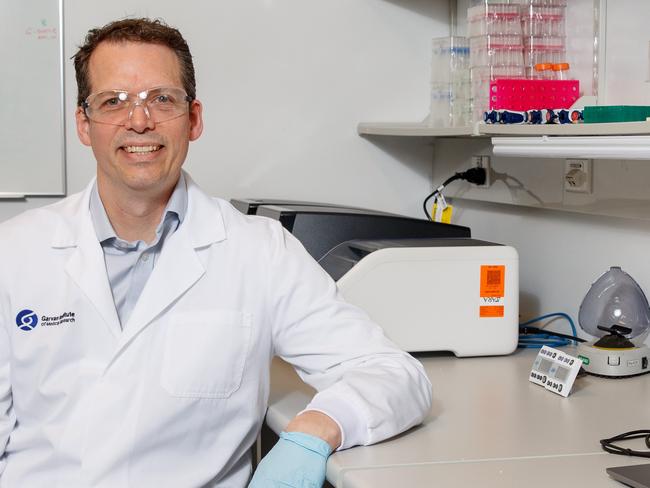
DNA samples from diverse communities around Australia are being gathered to form what is hoped to be first national genetic biobank.
Original URL: https://www.theaustralian.com.au/author/natasha-robinson/page/12